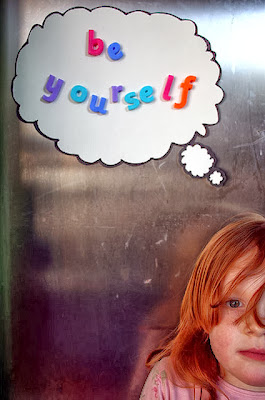As we look at the
world around us, we see that no two things are identical. No two snowflakes are
ever the same – nor are they intended to be. Rather, each form is a distinct
expression, and this applies to us as well. The universe does not intend our life
to be a copy of someone else’s life. We are each magnificently unique, and the
inner impulse to express this is what drives us to be authentic. -
A move into greater
authenticity is always a move into greater levels of empowerment, creative
self-expression, and overall wellbeing
This is because we
are moving towards our truer and greater self. Our interactions with the world
and with others become more fulfilling and more alive. Our joy and fulfillment
rise to higher levels -






.jpg)








